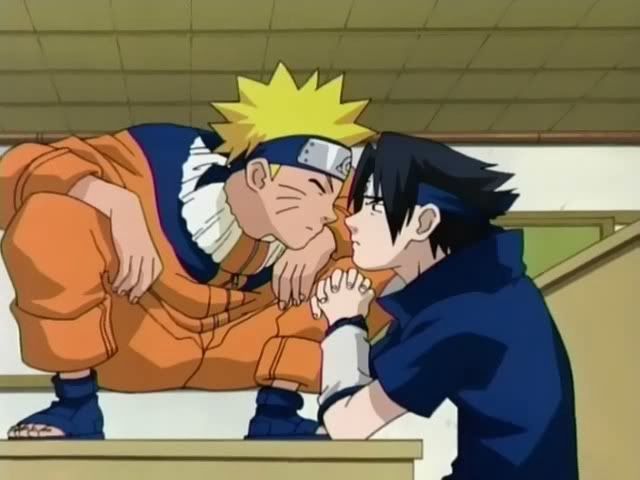sessa takuma
デーリー四字諸君、初めまして。
After bothering your stalwart kanji connoisseur for many a moon, I have finally been given the privilege to muck up this blog with some of my own posts. For a quick introduction: hi, I'm Brett. Most people reading this already know too much about me, so I'll cut if off at that. (unless Brett-based fan mail starts pouring into the Daily Yoji in-box, in which case I will begin writing introductory haiku to accompany each of my posts. And yes, they'll be in Japanese. And yes, it will be even more ridiculous than it sounds.)
Okay, getting started - 切磋琢磨(せっさたくま) is the flavor of the day, and was actually one of the first 四字熟語 I learned. It was so early, in fact, I didn't even really know what it was. This one also has the privilege of being the ONE Japanese phrase that I knew before Nirav. So, with that rich history in mind, how about an explanation?
Breaking it down into individual kanji will only scare/confuse the hell out of you. Why? Here's how it goes down. 切 = cut. 磋 = polish. 琢 = polish. 磨 = polish. 磋 and 磨 even referenced eachother as synonyms in my electronic dictionary, and all of them started their definitions with 磨く(みがく), or "polish/brush", as one should do to their teeth every morning. So the low-down is "cut, polish, polish, polish", which is the first yoji I've seen structured like this. Now let's go to the second half of this post for the definition forecast. Second half of this post?
Thanks, first half!
Definition:
学問や道徳に努め励むこと。また、仲間同士で励まし競いあって向上すること。
Translations:
1. To zealously apply oneself in scholarly or moral pursuits.
2. To at once encourage and be encouraged by progress made by a friend or rival.
For the second part of this definition, it is VERY important to note that it does not work for someone or something you compete against in a more antagonistic vein. I asked teachers here, and you could not say that America and the USSR were 切磋琢磨ing during the Cold War to see who would get into space first, nor could you say that Asahi and Kirin are getting their 切磋琢磨 on to make the best beer. What it DOES work for, however, is a near perfect example of Jeff and I vis-à-vis Japanese... and a LOT of other things we do to boot.
 例文: 僕の競争心は僕の友達にも反映されている。見知らぬ人と勝負で勝っても負けても、幸せか絶望を少しだけ感じる。でも優れた友達と鎬を削ったらすごく喜びを感じる。それで僕には切磋琢磨できる仲間がいる。
例文: 僕の競争心は僕の友達にも反映されている。見知らぬ人と勝負で勝っても負けても、幸せか絶望を少しだけ感じる。でも優れた友達と鎬を削ったらすごく喜びを感じる。それで僕には切磋琢磨できる仲間がいる。My competative nature is reflected in the friends I keep. Whether I win or lose a game against someone I don't know, I only feel a little triumph or defeat. But if I have a fierce competition with one of my skilled friends, then I get real satisfaction out of it. Because of that, friends who enjoy the mutual thrill and drive of competition are a must.
Which is why Jeff needs to get better at Smash Brothers, STAT.




3 comments:
forgive /the /broken /keyboard /slashes.
I/ bet /@peo@ple /in /the /cold /war /could /be /such /rivals /with /each /other. /two /generals /for /instance. /I /can't /ty@pe/ in /Ja@panese /right /now /for /obvious /reasons...
Well you could say that Patton and Montgomery were 切磋琢磨, but they were on the same side. I didn't mean to imply that it was limited to people, but rather limited in such a way that the person or entity is more or less a friend. So - Patton/Montgomery, okay. Patton/Rommel, NO.
I know those aren't Cold War, but the Cold War didn't rely so much on generals...it being the Cold War and all.
Hey, I've done some serious Smash Brother's 日進月歩, all things considered.
(all things being the things where I couldn't execute a double jump when I started playing)
Post a Comment